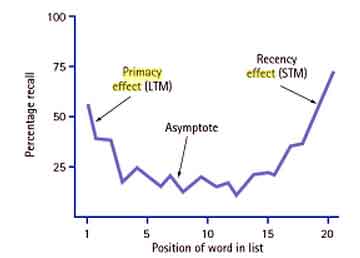Should you interview first or last? | Nudge Newsletter 🧠
|
Nudge Newsletter
I spend 18 hours each week turning marketing psychology into readable newsletters.
A secret bestseller. Do you recognise this football player? Probably not. He's only played for England once. And yet. This fairly unknown English footballer sold more books than David Beckham, Michael Owen, Steven Gerrard, and Frank Lampard combined. He did so using the curiosity gap. He wrote under a pseudonym, "the Secret Footballer". By hiding his identity, he could share hard truths, gossip, and uncensored stories, such as the drunken antics of a Chelsea striker or the binge-eating winger...
Power pause. In one study (cited in The Anatomy of a Breakthrough), a team of psychologists investigated the value of pauses during negotiations. They asked 60 pairs of university students to negotiate over a job package. One of the students was the recruiter, and the other was the job candidate. 50% were directed to pause during the negotiation. 50% were directed to negotiate naturally. The pause group performed far better. They negotiated better deals (for both parties). According to Adam...
The effect paradox. I recently watched Rory Sutherland's fantastic Nudgestock talk. He shares a surprising story from the Wall Street Journal. Back in 2010, Starbucks got extremely good at making coffee fast. Baristas were trained in parallel pouring, where they could make four different coffees at once. This seems like a good thing. Surely customers want their coffee as fast as possible? Except they don't. Receiving a coffee at record speed changed the experience. The barista's service no...
